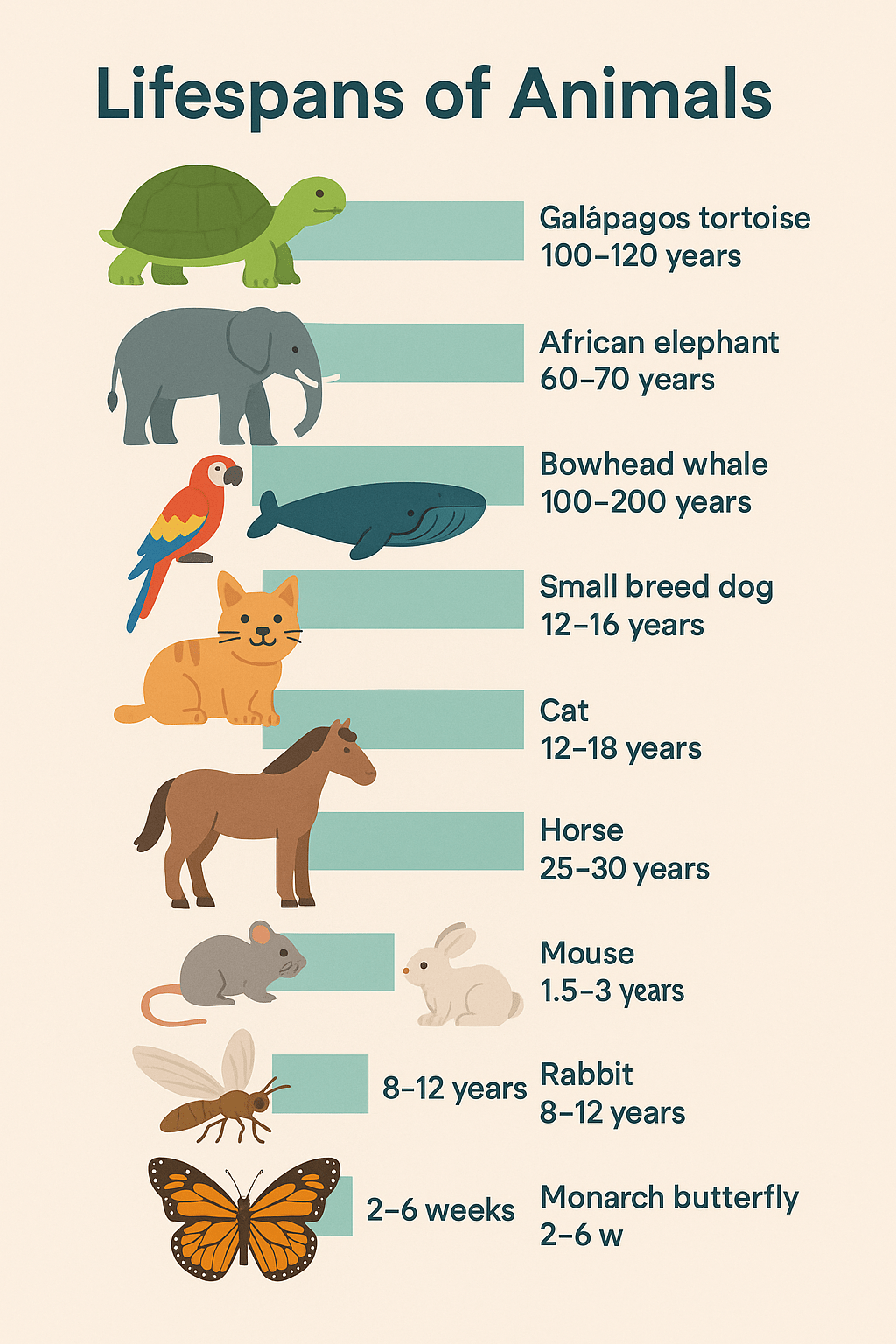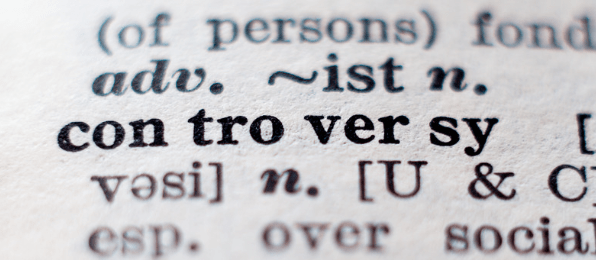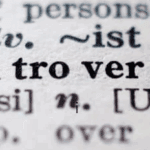
The Dark Side of Social Media in India: The Unethical Race to Become Influencers

In India, the allure of social media fame has reached unprecedented heights, with millions of young people vying for attention on platforms like Instagram, YouTube, and TikTok. However, this digital gold rush has also led to a disturbing trend where aspiring influencers resort to unethical means to gain followers and recognition. This blog post delves into these practices, including the controversial use of private moments, and examines their impact on individuals and society.
The Pursuit of Fame: Controversies and Private Leaks
One of the most alarming trends in the Indian social media landscape is the deliberate leaking of private moments to attract attention. From intimate videos to personal scandals, individuals are increasingly willing to sacrifice their privacy for a chance at viral fame. This phenomenon is not limited to isolated cases; a 2023 report highlighted that there was a 25% increase in content labeled as “personal” or “controversial,” with a significant portion of this attributed to influencers and content creators(Sprout Social).
Grid: Rise in Controversial and Personal Content on Social Media in India (2019-2023)
| Year | Personal/Controversial Content (%) | Viral Posts (Millions) | Notable Scandals (#) |
|---|---|---|---|
| 2019 | 10% | 50 | 5 |
| 2020 | 15% | 75 | 8 |
| 2021 | 18% | 90 | 12 |
| 2022 | 20% | 105 | 15 |
| 2023 | 25% | 130 | 20 |
Source: Social Media Trends Report India 2023
The Role of Controversies
Beyond leaking private moments, many aspiring influencers in India are engaging in or fabricating controversies to gain attention. Public fights, staged arguments, and sensationalized stories are common tactics used to go viral. This trend has been particularly noticeable on platforms like Instagram and TikTok, where controversial content can quickly gain traction and lead to overnight fame. However, this strategy often comes at a cost, leading to public backlash, loss of credibility, and in some cases, legal repercussions(Brownstein Hyatt Farber Schreck).
Manipulation and Misinformation
Manipulation of content is another growing concern. The use of deepfakes, fake news, and misleading information has become increasingly prevalent as influencers seek to create sensational content. In India, the spread of misinformation on social media has reached worrying levels. According to a 2024 survey, India ranks among the top three countries in the world for the spread of misinformation, much of it driven by the desire for viral fame(Brownstein Hyatt Farber Schreck).
Statistics on Misinformation and Manipulation in India
- Misinformation Spread: India saw a 30% increase in the spread of misinformation from 2022 to 2024, with social media platforms being the primary vectors(Brownstein Hyatt Farber Schreck).
- Deepfakes and Manipulated Content: The use of deepfakes in India increased by 20% in 2023, with many instances linked to influencer content(Sprout Social).
Erosion of Trust
The rise of unethical practices in the Indian social media scene is significantly eroding trust between influencers and their audiences. According to a 2023 study, trust in social media influencers in India has dropped by 15% over the past two years. This decline is largely due to the increasing prevalence of staged controversies, manipulated content, and the leaking of private moments(Sprout Social).
Grid: Trust Decline in Indian Social Media Influencers (2020-2024)
| Year | Trust in Influencers (%) | Skepticism (%) | Major Scandals (#) |
|---|---|---|---|
| 2020 | 80% | 20% | 5 |
| 2021 | 75% | 25% | 10 |
| 2022 | 70% | 30% | 12 |
| 2023 | 65% | 35% | 18 |
| 2024 | 60% | 40% | 22 |
Source: Social Media Trust Survey India 2024
The Psychological Toll
The psychological impact of these unethical practices is profound. Many influencers in India experience extreme stress, anxiety, and burnout as they strive to maintain their online presence. The pressure to constantly produce viral content, often through controversial or personal means, can lead to severe mental health challenges. Additionally, the younger audience, who are highly impressionable, are exposed to harmful content that can distort their understanding of ethics and reality.
Regulatory Responses in India
In response to these trends, the Indian government and regulatory bodies have started to take action. The Ministry of Electronics and Information Technology (MeitY) has issued guidelines for social media platforms, emphasizing the need for transparency and the removal of harmful content. However, enforcement remains a challenge, and the onus is also on platforms and brands to promote ethical practices among influencers.
Conclusion
The disturbing trend of aspiring influencers in India resorting to unethical practices to gain fame is a serious concern. From leaking private moments to fabricating controversies, these tactics not only erode trust but also have significant psychological and societal impacts. It is crucial for influencers, platforms, and audiences to advocate for ethical behavior and transparency in the digital space.
By fostering a culture of authenticity and integrity, we can ensure that social media remains a positive and trustworthy platform for all users. The future of influencer marketing in India depends on a collective commitment to ethical practices, and it is up to all of us to make that change.
Hello, I am Aman (: Full Time Traveler :) At the age of 41, in April 2023, fueled by my love for travel and the determination not to remain fixed like a tree, I embarked on a bold journey. Having dedicated 17 years to a corporate job, I chose to transition from a full-time employee to a full-time traveler, driven by the desire to break free from the routine and constraints of a conventional life. Along the way, I not only explored the wonders of travel but also uncovered the transformative power of financial freedom. I realized how it could liberate me to lead a life teeming with adventure, purpose, and fulfillment. Through my blogs, I am passionately sharing my story, aiming to inspire and provide valuable guidance to those, like me, who aspire to weave travel into a life overflowing with limitless possibilities.






















Post Comment
You must be logged in to post a comment.